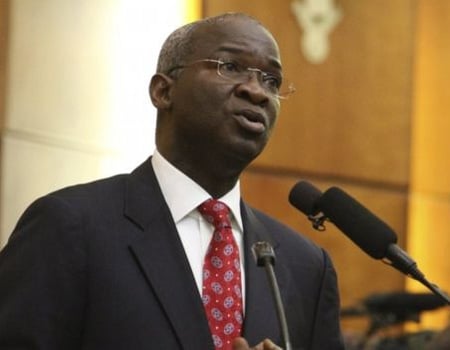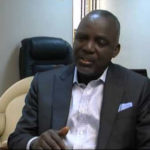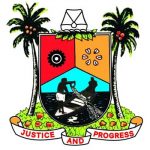Rather, he said what the Infrastructure Construction Regulatory Commission (ICRC) had was a financing agreement from a consortium of banks, which, he said, was like a loan that had to be paid through budgetary provisions.
This was as the minister expressed concern over the recourse of the National Assembly’s spokespersons to name calling over his observations on the 2017 budget.
In a press release signed by his media aide, Mr Hakeem Bello, the minister said he was worried that the National Assembly spokespersons failed to address the fundamental points about development, as a result of cut in allocations to several vital projects under the ministry as well as others.
Fashola had, in a recent interview, while acknowledging that legislators could contribute to budget making, disagreed with the practice where the legislative arm of government unilaterally altered the budget after putting members of the executive through the defence sessions and committee hearings, to the extent that some of the projects proposed would have become materially altered.
The minister acknowledged the need for legislative input from representatives of the people to bring forward their developmental aspirations before and during the budget process, but, however, lamented what he called unilateral insertion of items not listed under exclusive or concurrent lists of the constitution.
He described as a waste of taxpayers’ money and unnecessary distortion of orderly planning and development for all sections of the country, for lawmakers to unilaterally insert items like boreholes and streetlights, after putting ministries, departments and agencies (MDAs) through the process of budget defence.
The minister listed Lagos-Ibadan highway, Bodo-Bonny road, Kano-Maiduguri road, the Second Niger Bridge and the long-drawn Mambilla Hydropower Project, among others, as those the National Assembly altered in favour of scores of boreholes and primary health care centres which were never discussed during the budget defence before parliament.
In their responses, spokespersons of both the Senate and the House of Representatives accused the minister of spreading “half-truths” and making “fallacious statement,” adding that Fashola should have known that they only interfered with projects that had concession agreements and private sector funding components.
They also accused the minister of wanting to hold on to such projects in order that he may continue to award contracts.
In the case of the Second Niger Bridge where one of the spokespersons alleged that the provision in 2016 budget was not spent and had to be returned, Fashola said a budget is not cash, adding that “it is an approval of estimates of expenditure to be financed by cash from the Ministry of Finance.”
The minister said the continuation of early works could not start in May 2016 when the budget was passed because of high water level in the River Niger during rainy season.
He said the contract was only approved by the Federal Executive Council in the first quarter of 2017 and the contractor was awaiting payment.
He, thereafter, dismissed the allegation that the ministry under his watch was holding on to projects that could be funded through public-private partnerships (PPP) so that he could award contracts as a tissue of lies.
Responding to the issues that the budget for Mambila power project was slashed because it contained N17 billion for Environmental Impact Assessment (EIA), Fashola said there was indeed a mis-description of that particular expenditure head, which could have happened during the classification of so many budget heads in the budget estimates.







